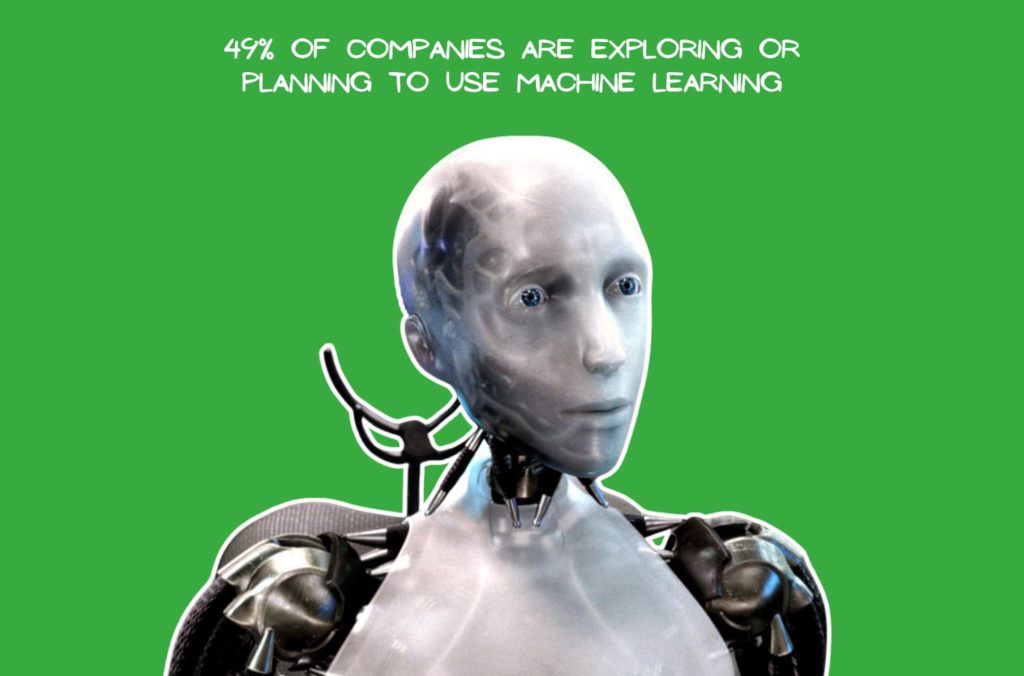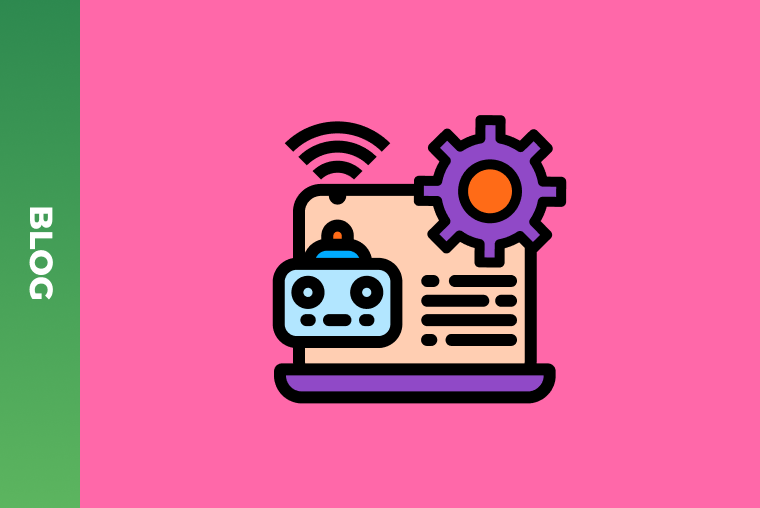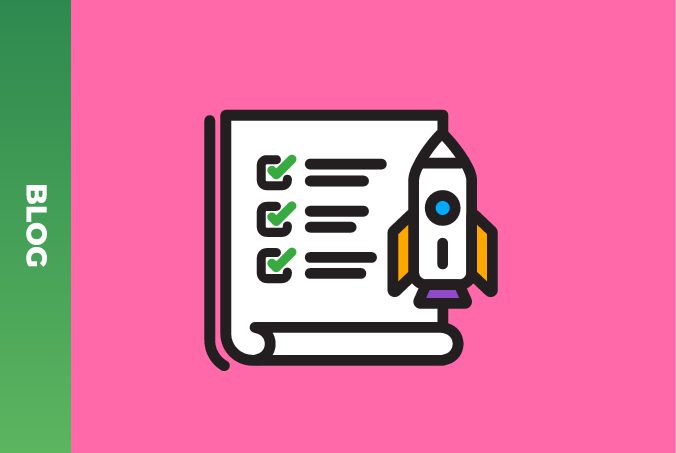How to enhance customer satisfaction with machine learning?

Things change, times change. Businesses got to change with them to understand and satisfy customer needs. As technology evolves, businesses are leveraging innovative solutions to enhance customer satisfaction, and one such powerful tool is machine learning. Machine learning (ML), a subset of artificial intelligence, which is often confused with business intelligence, empowers businesses to analyze vast amounts of data, extract meaningful insights, and make predictions.
Some interesting figures: According to Statista, by 2025, AI and ML are estimated to drive US$ 4.4 trillion in business value, at the same time, the MLOps market is expected to expand to US$ 4 billion, as stated by Deloitte; provided that, as per McKinsey: (i) 49% of companies are exploring or planning to use ML; (ii) 51% of organizations claim to be early adopters of ML; (iii) 15% of organizations are already advanced ML users.

While statistics speak for itself, customer satisfaction is not merely a metric but a cornerstone of sustainable growth. Knowing your customer’s preferences, behaviors, and expectations lays the foundation for tailoring products and services that meet and exceed their needs. This article delves into the symbiotic ties between machine learning solutions and customer satisfaction, exploring how businesses can leverage this technological reinforcement to foster lasting relationships with their customers.
How to measure customer satisfaction?
Measuring customer satisfaction is a multifaceted process that involves capturing feedback, analyzing data, and deriving actionable insights. By doing this, you take care not only of customer satisfaction but of successful customer-centric strategy. Traditional methods such as surveys and reviews have limitations in terms of scale and real-time responsiveness. Machine learning introduces a paradigm shift by offering sophisticated methods for more accurate and timely measurements.

Machine learning for measuring customer satisfaction metrics
Machine learning solutions are adept at processing large datasets and identifying patterns that might elude human analysis. In the realm of customer satisfaction, these algorithms can include customer feedback, behavior, and sentiment analytics to provide a comprehensive understanding of how customers perceive a product or service. By automating customer countless reviews and interaction processing, you will be able to draw insights as to how customers perceive a product or service and, eventually, about satisfaction levels in real time.
Some more interesting figures: According to a report by IBM, 90% of the world’s data has been created in the last two years, and machine learning is essential for analyzing this vast volume of data.
Since data is generated exponentially, analyzing it manually is not an option. So, may machine learning solutions speed you!
Machine learning solutions for exceptional customer experience
Along with customer satisfaction measurement and analytics, machine learning offers a range of other solutions. From supply chain management to fraud detection, from targeted marketing to personalized recommendations, ML is a good fit for enhanced customer experience. Let’s look through some other ML solutions.
Predictive customer analytics
Machine learning enables businesses to predict customer behavior, facilitating proactive decision-making. Predictive analytics encompasses various aspects, including:

- Customer behavior prediction: Machine learning algorithms excel at predicting customer behavior by analyzing historical data. By identifying patterns and trends, businesses can anticipate how customers are likely to engage with their products or services.
- Predictive personalization and customization: Personalization is a key driver of customer satisfaction. Machine learning empowers businesses to go beyond demographic segmentation and tailor experiences based on individual preferences, browsing history, and purchase behavior.
- Personalized customer experience: Crafting a personalized customer experience is no longer a lofty goal but an achievable reality with machine learning. From recommending products to tailoring communication channels, businesses can create a seamless and personalized journey for each customer.
- Personalization algorithms: To sum up, these algorithms continuously learn and adapt, ensuring that personalization efforts stay relevant and effective over time. From collaborative filtering to dynamic content personalization, exploring them is essential for businesses looking to implement effective personalization strategies.
Churn prediction
Another solution shall be predicting customer churn with machine learning. This approach is about implementing retention strategies with targeted efforts, offering personalized incentives, improved customer support, or tailored experiences to retain at-risk customers. In essence, it goes from historical customer data to identify patterns and behaviors indicative of potential disengagement. Thus, customer experience is a key to improved customer loyalty.
Real-time feedback processing
Speaking of customer experience, we would like to emphasize here that it is important to track whether your customer is comfortable and satisfied with your product, service, or support and to turn customer data into revenue. And it is better to do so at once. By monitoring and analyzing feedback in real-time with an ML-powered tool, businesses can swiftly address issues, capitalize on positive experiences, and continuously refine their customer service strategies. Don’t miss this thing. You can also see how to refine raw data into dollars in a way, other than machine learning, in our previous research.
Some more practices for implementing machine learning in customer service
- Natural Language Processing (NLP) for multi-channel support:
NLP based on ML facilitates seamless interactions across various channels, including chat, email, social media, and voice. Customers can choose their preferred communication method, and NLP ensures a consistent and coherent experience across these channels, contributing to overall satisfaction. Whether a customer interacts through a website, mobile app, or in-store, customer experience is harmonized to deliver a consistent experience across multiple and provide a unified and seamless customer journey.
- Intelligent automation:
Machine learning enables the automation of routine and repetitive tasks, allowing customer service representatives to focus on more complex and value-added activities. Automated chatbots and virtual assistants powered by machine learning algorithms can provide instant responses to customer queries, improving efficiency and responsiveness.
Conclusion: get the most out of machine learning for customer service
So, the integration of machine learning into customer service offers a series of benefits, from predicting customer behavior to enhancing real-time responsiveness. Businesses that harness the power of machine learning for customer satisfaction gain a competitive edge by providing exceptional and personalized experiences. Machine learning solutions not only enhance customer satisfaction but also contribute to increased customer loyalty, higher conversion rates, and an overall positive brand perception.
Embracing these innovations is not just a choice; it’s a strategic imperative for those aiming not just to meet but to exceed customer expectations. We can tell confidently that machine learning comes as a solid reinforcement to that end. If you want to ensure total client satisfaction and drive business success through AI and ML transformation, we would be excited to help you out. The only thing to do is to reach out to us. See you soon!






